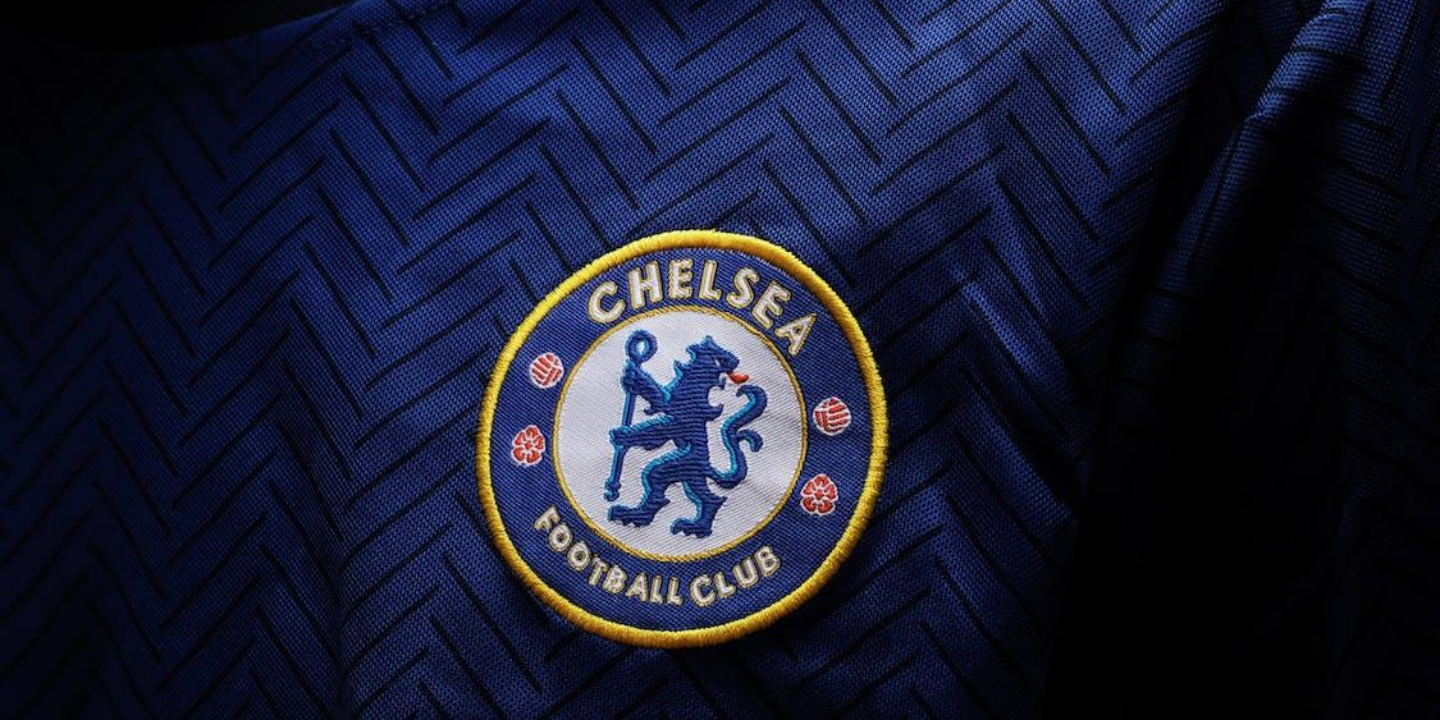No matter the failings – or otherwise – of the ANC-led government, Shell was always going to divest its downstream (actually, practically all) operations in South Africa. There are forces at work that are way stronger than anything Luthuli House and its merry band of mismanagers can throw at an economy.
The clue is in its Capital Markets Day presentation from last year, in which it sketched a future for its ‘downstream’ (read: retail service stations) business. After 2025, this would be focused on charging stations for electric vehicles (in markets where this is appropriate) and “low carbon fuels”.
ALSO READ: Thousands of jobs may be on the line as Shell ‘plans to leave SA’ amid BEE partner fallout
South Africa is neither of these. There are far too few electric vehicles here and even though there is a cleaner fuels plan in place, South Africans will be using petrol and diesel for many, many decades to come. Something unthinkable to Europeans (and European money managers).
Neither the first nor the last
This divestment is not the first such transaction Shell has done globally, nor will it be the last.
It has steadily and deliberately been selling downstream assets for over a decade. In 2011, it announced its intention to divest most of its shareholding in its African downstream business (excluding South Africa). This included Botswana, Burkina Faso, Côte d’Ivoire, Guinea, Kenya and Namibia. In 2014, it sold its Australian downstream oil assets (including 900 service stations) to Vitol and the Abu Dhabi Investment Council.
In 2016, it got rid of its Danish downstream assets (230 retail stations) and last year it disposed of downstream assets in Uruguay, Paraguay and Colombia (a total of over 250 service stations).
ALSO READ: Shell wins legal case over Nigeria oil spill
After “pausing” refinery operations at Sapref in March 2022 – and with little prospect that these will ever be restarted – it was clear that Shell’s remaining operations in the country were effectively on notice.
Without a refinery and integrated operation, there is little point in an oil major operating in a market. Plus, there are no oil or gas extraction operations in the country to speak of. Following Sapref’s ‘pause’ (the Durban refinery is co-owned by Shell and BP), its shareholders have become little more than traders of imported refined petroleum products.
Exit anticipated
But global oil majors are not designed to be traders of seaborne refined products.
So, then, to the commodity traders like Glencore and Vitol, who love this market. This is what they do. Whether it’s a ton of coal, a few hundred carats of diamonds, or a million litres of refined 95-octane petrol, these are trading houses that are honed to eke out every possible percentage of margin in these markets.
In a 2017 post, S&P Global Markets argued that “South Africa has not been a divestment priority for BP and Shell due to the materiality of the market, its oligopolistic structure and high profitability”.
“However, in March 2017, in the context of regulatory uncertainty linked to clean fuels policies, Chevron announced the sale of its 75% owned refining and marketing affiliate (which included some minor operations in Botswana) to Chinese National Oil Company (NOC) Sinopec for US$ 900m.
ALSO READ: 61 000 shell companies registered at one Pretoria address
“This opens the door for BP and Shell to sell their South African affiliates, which is expected in the short to medium term.
“IHS Markit thus anticipates the full exit of Anglo Saxon Majors from the Sub-Saharan African downstream by the end of the decade.”
Glencore trumped Sinopec and snapped up the Caltex assets (Milnerton refinery and service stations). These have since been (mostly) rebranded Astron Energy.
Petronas, which owned Engen – the largest petrol retailer in the country, announced last year that it would sell its 74% stake in the business to Vivo Energy. Vivo, memorably, was listed on the JSE (and LSE) for a short while. This business was built up over time by the purchase of service station networks across Africa, starting with the Shell transaction in 2011. At the end of last year, it owned over 2 700 sites on the continent.
Dutch-owned Vitol Group bought Vivo (which was delisted) and, together with the Engen business, now has 3 900 service stations across Africa, primarily across the Shell and Engen brands.
Who will snap up Shell’s assets?
This leaves the 700 Shell fuel stations in SA. These will surely be snapped up by either Vivo (Vitol) or something like Trafigura (or one of the Chinese giants).
Given Vivo/Vitol’s footprint across the continent, it makes sense for this to be folded into that group. Whether competition authorities allow this (a merger of number one and number three) remains to be seen.
The Shell brand will likely not disappear, however. This has been the case wherever the oil major has divested. A licensing deal is typically put in place, and it collects a small royalty.
ALSO READ: South Africa was greylisted due to endemic corruption
BP, which has a far smaller footprint (at about 500 fuel stations), is surely next. Sapref is not restarting, and it has also been forced into a position where it is importing refined fuel, in which it has no competitive advantage. Plus, the transition to “low carbon fuels” means huge pressure on these companies to get out of the market.
Will France’s TotalEnergies (formerly Total) follow? It surely cannot be the last one standing. Although Sasol’s service station network will almost certainly also be up for grabs in the medium term as it transitions to a net zero future …
This article was republished from Moneyweb. Read the original here

 1 week ago
1 week ago
















 English (US) ·
English (US) ·